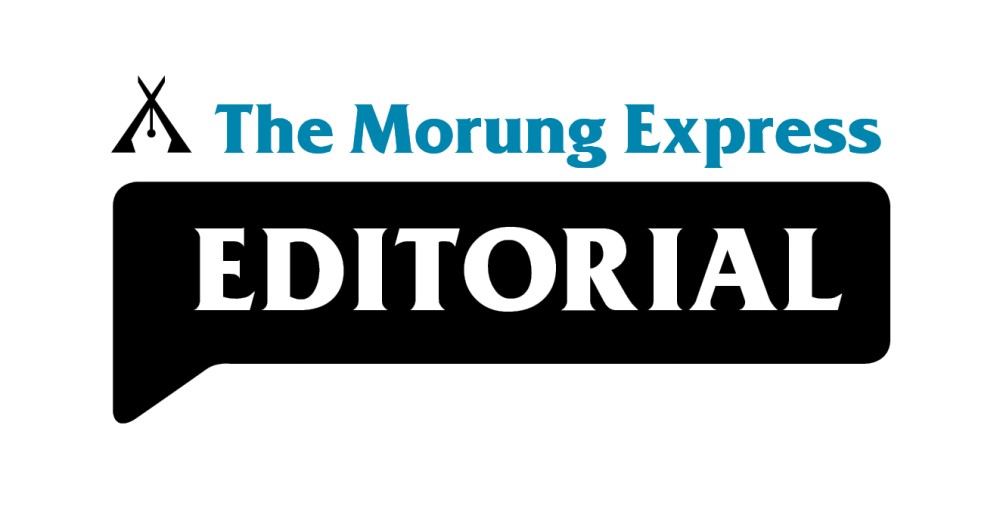
By - Moa Jamir
A cross-section of the diverse populace of Nagaland envisioned a future rooted in inclusive growth, cultural preservation, and sustainable development in The Morung Express’ ‘Aspirations for Nagaland 2025.’ Voices from various backgrounds, including academicians, entrepreneurs, cultural leaders, and activists, emphasised key priorities such as fostering an inclusive society and governance by prioritising revenue generation, job creation, and economic self-reliance. Strengthening community ties through civic engagement and public participation also featured prominently, alongside calls for promoting good governance, ethical resource management, and equitable opportunities.
Many highlighted the necessity of sustainable development and balanced infrastructure growth, stressing enhanced connectivity across regions, food security, and economic upliftment. The aspiration for year-round cultural experiences and eco-tourism as pillars of sustainable development further showcased the growing emphasis on preserving Nagaland’s heritage while leveraging it for economic gain. Equally important was the drive for quality education, skill development, and leadership opportunities for the youth.
Conspicuously, the oft-repeated and protracted Naga political issue was absent from the discourse. This could imply two possibilities: either it remains a default aspiration, or for the general populace, the grind of daily life now holds equal, if not greater, importance. Among the many aspirations highlighted, three areas warrant reiteration and recalibration.
Firstly, the call for inclusivity and good governance, not only within the realm of politics but extending into the daily lives of ordinary citizens. This involves ensuring accountability among those in positions of authority and directing developmental activities equitably across the core and periphery. Government services must reach their intended beneficiaries without instances of pilferage, and accessibility to information must form the bedrock of inclusivity.
Secondly, concerns for sustainability and environmental protection were underscored by many. These concerns are especially pertinent in light of the natural challenges witnessed in 2024, alongside the delays in several critical projects across the state. On the environmental front, while Nagaland has demonstrated initiatives in certain areas, significant challenges persist. According to the periodic SDG India Index, Nagaland improved its scores in two environmental goals—Climate Action and Life on Land—between 2020-21 and 2023-24.
However, four other goals witnessed a decline, with three indices showing a significant drop. Additionally, the India State of Forest Reports revealed that Nagaland’s forest cover decreased from 13,017.35 sq km in 2013 to 12,222.47 sq km in 2023, representing a loss of 794.88 sq km, with 360.22 sq km lost between 2019 and 2023. Addressing these challenges requires policymakers and stakeholders to consolidate gains while urgently reversing the decline.
Thirdly, unemployment remains a persistent issue. Nagaland consistently ranks among the states with the highest unemployment rates. Data from the Periodic Labour Force Survey (PLFS), published by the Ministry of Statistics and Programme Implementation, indicated that the unemployment rate among individuals aged 15 and above rose to 7.1% during July 2023 to June 2024, a 65% increase after three consecutive years of decline. This is alarmingly high compared to the national average of 3.2%. Moreover, the youth unemployment rate (15-29 years) stood at a concerning 27.4%, while the rate for educated unemployed individuals reached 13.4%.
While various dynamics contribute to this issue, policymakers must devise innovative and targeted solutions. As highlighted in the aspirations, tackling unemployment requires insulation from seasonal cycles in tourism and agriculture. It also demands targeted investment in agriculture and allied activities to create jobs and foster economic resilience. Additionally, there must be a cultural shift to embrace diverse employment opportunities beyond government jobs, promoting private sector growth, entrepreneurship, and self-employment. Expanding the employment paradigm is crucial to fostering a robust and inclusive economy.
Tailored and effective policies addressing Nagaland’s unique needs are essential to addressing these challenges. Policymakers must adopt a proactive approach, drawing from the aspirations articulated by the people, to ensure Nagaland’s journey towards 2025 is marked by tangible progress and transformative change.
For any feedback, drop a line to jamir.moa@gmail.com






